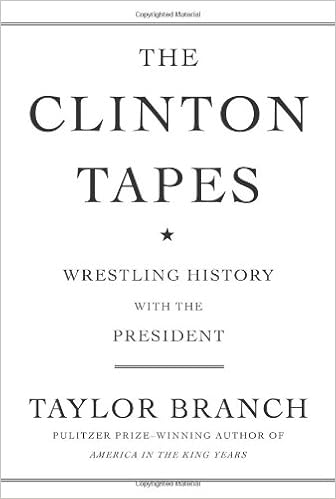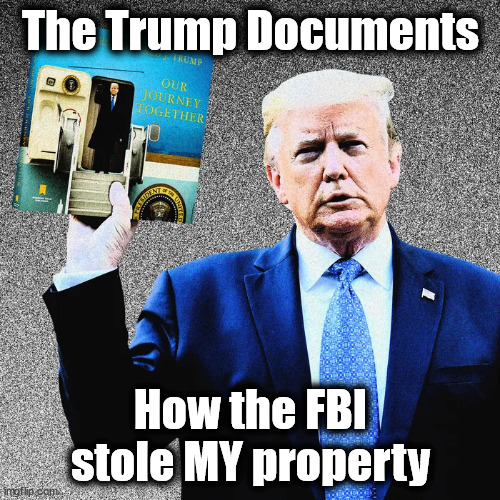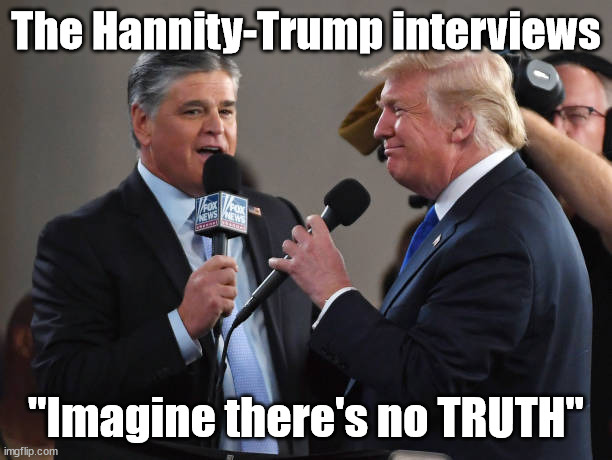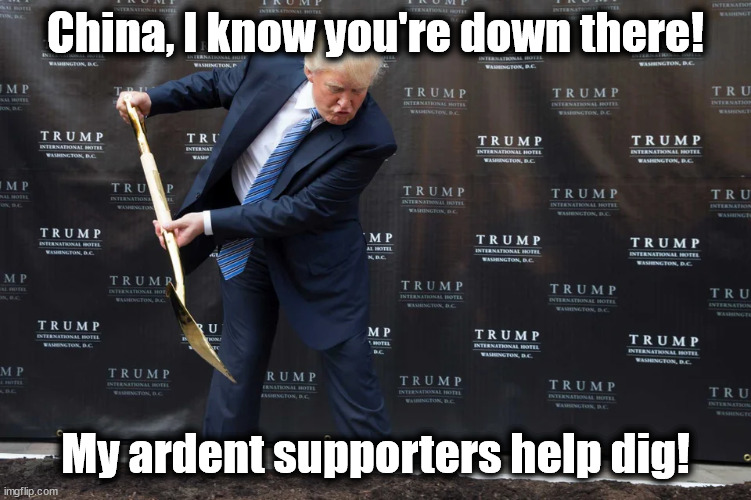Yes, the president can declassify documents, but there isn’t a set protocol they have to follow
Former President Trump claimed documents found at Mar-a-Lago were “all declassified.” We explain why sitting presidents can declassify documents and how it works.
https://www.verifythis.com/article/news/verify/government-verify/how-us-presidents-can-declassify-documents-trump-mar-a-lago-search-fact-check/536-e1961390-e7c6-438a-b9b5-671dc9c6f7ec
The Supreme Court determined in its 1988 decision on Department of the Navy v. Egan that the president’s power over classified information comes from executive authority granted by Article II, Section 2 of the U.S. Constitution, which says, in part, that the “President shall be Commander in Chief of the Army and Navy of the United States.”
“His authority to classify and control access to information bearing on national security and to determine whether an individual is sufficiently trustworthy to occupy a position in the Executive Branch that will give that person access to such information flows primarily from this constitutional investment of power in the President, and exists quite apart from any explicit congressional grant,” the Supreme Court decision reads.
Though there aren’t specific protocols that the president must follow to declassify a document, federal courts have ruled that they will “refuse to recognize what they consider to be an inference of declassification,” McClanahan said.
The U.S. Second Circuit Court of Appeals wrote in a 2020 decision about whether statements made by then-President Trump declassified the existence of a CIA program that “declassification, even by the president, must follow established procedures.”
If a document is declassified, that doesn’t automatically mean it can be shared widely, either. For example, nuclear information – which is generally classified – is also protected by the federal Atomic Energy Act of 1954, McClanahan explained.
The Washington Post reported the FBI searched Mar-a-Lago for “nuclear documents,” among other classified information.
“Because [nuclear information] has this dual protection, even if you declassify a nuclear document, you cannot disseminate it because it’s still what’s called Restricted Data,” McClanahan said.
“So to the extent that he [Trump] had any nuclear information in there, declassification would not help him in the slightest, because he would still be disseminating restricted data or moving Restricted Data,” he added.
There are other federal laws in place that bar a president from taking government records, whether they are classified or declassified. Still, breaking those laws – or most other laws – doesn’t automatically disqualify someone from becoming president, because of the simple presidential qualifications that are outlined in the U.S. Constitution.
metmike: It seems likely that at the very least, Trump did NOT follow procedure with regards to declassification of documents that he was allowed to declassify.
Also, he may have been in possesion of documents that were not legal.
For sure, a president can't declassify documents, tell nobody, then take them home after his term.





